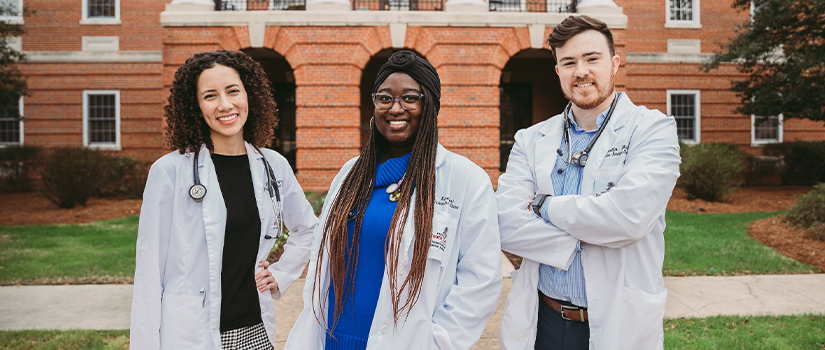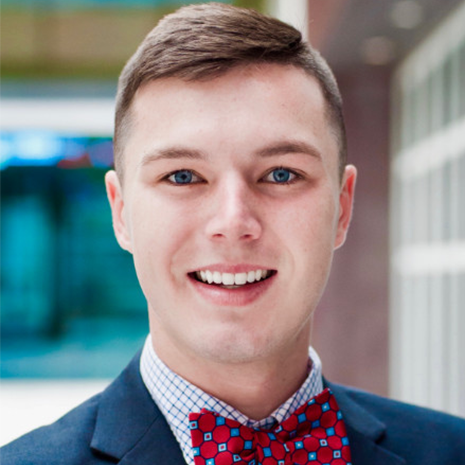This program provides students with access to cutting-edge resources and offers opportunities for interprofessional collaboration within a vibrant academic community. At the same time, the program maintains small class sizes and a low student-to-faculty ratio, fostering close mentorship, individualized support, and a strong sense of community.
The Challenge
We are preparing the next generation of PAs to address critical gaps in health care delivery. Students complete most of their clinical rotations in the Columbia area, and many graduates choose to work in South Carolina or the Southeast, evidenced by program alumni being employed by all of the major health care systems in the state. With 41 out of 46 counties in South Carolina facing a shortage of health care professionals, the PA Program is directly addressing this need.
The program is intentionally structured to provide opportunities for PA students who have historically lacked access to professional opportunities. The admissions and recruitment process includes outreach to HBCU students and first-generation graduates and eliminates some traditional barriers such as strict GPA requirements and timeline for prerequisite courses. With the small cohort, the faculty are able to identify students needing additional resources quickly so that their needs can be met.
How You Can Help
The PA Program needs to establish endowed scholarships and fellowships for students. Without adequate scholarship funding, students may be forced to make an impossible choice: attend an institution they know is not the right fit, or give up on their dreams entirely. We must ensure that the most qualified candidates choose our school, rather than another, by providing sufficient financial aid.
A physician assistant fellowship equips PAs with the expertise to excel in their chosen medical field while preparing them to educate and inspire the next generation of health care professionals. We aim to establish a physician assistant academic fellowship, supported by an endowment, for new graduates or early-career PAs with an interest in education.
This year-long program would require the fellow to be on campus three days a week, where they will learn about education, teaching, accreditation, assessments, and various other topics. The remaining two days would be spent in a primary care clinic.
To improve access to health care in rural and underserved areas, we would like to offer endowed scholarships to PA students who agree to complete a specified number of clinical rotations in those communities.
Pairing endowed scholarships with funding for the participating clinic or preceptor could help establish a strong network of available sites and preceptors for our students.
The influence of an endowed scholarship reaches further than a one-time gift. The perpetuity of an endowed scholarship is its greatest strength, as its renewal year after year provides the assurance that your donation not only made an initial impact, but that your legacy of giving continues to yield results.

